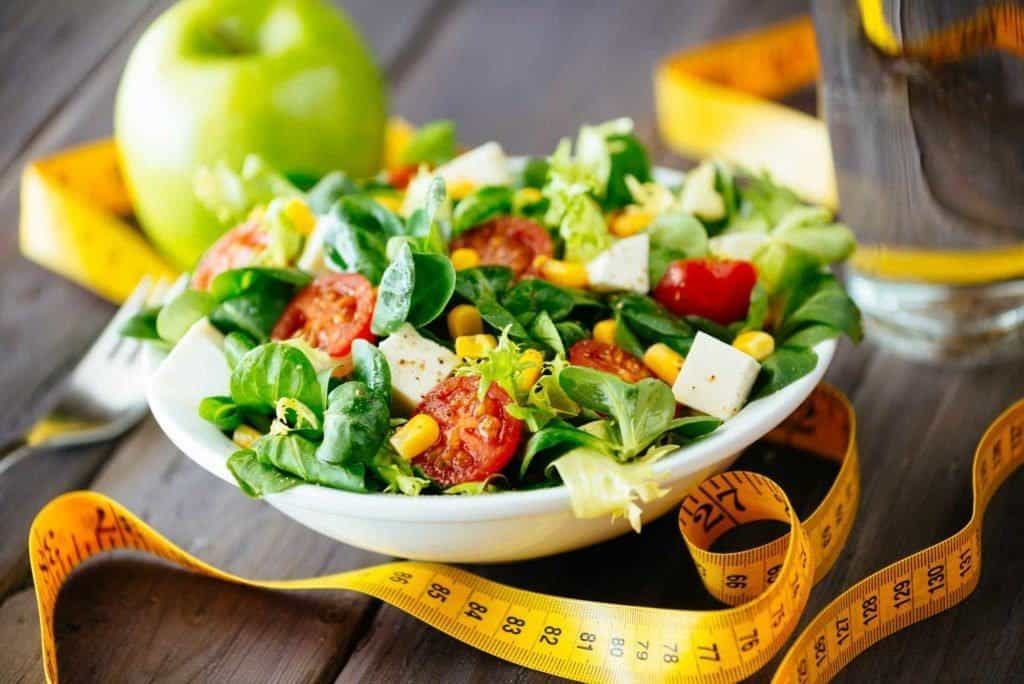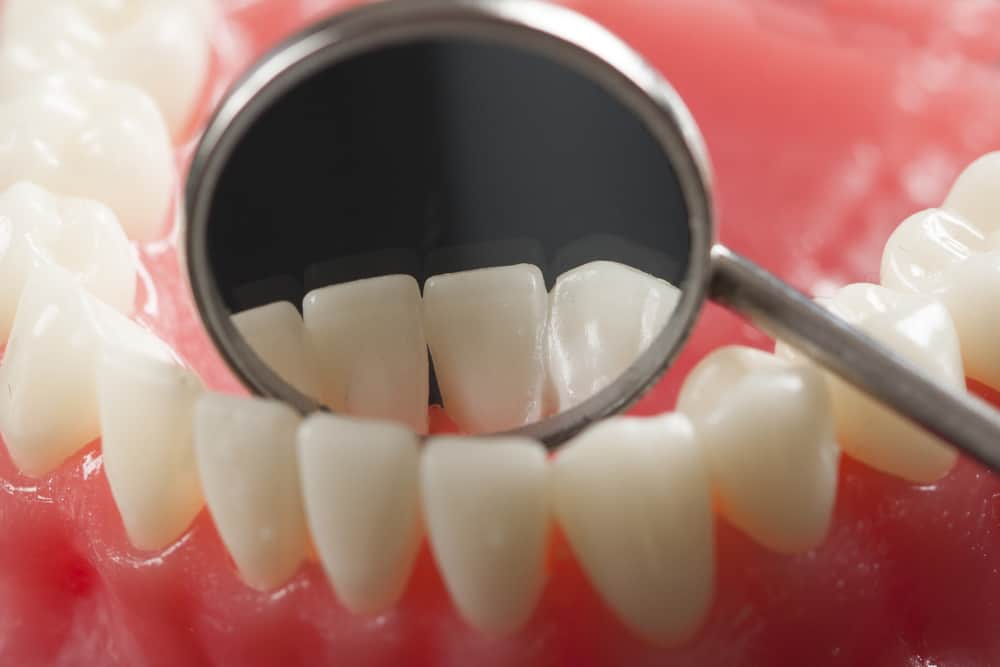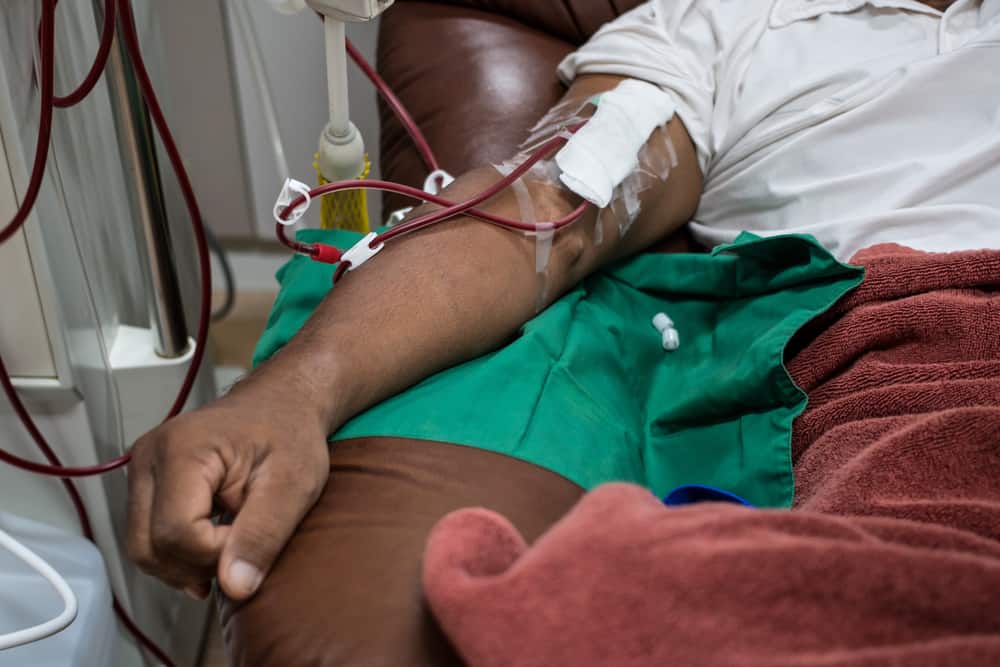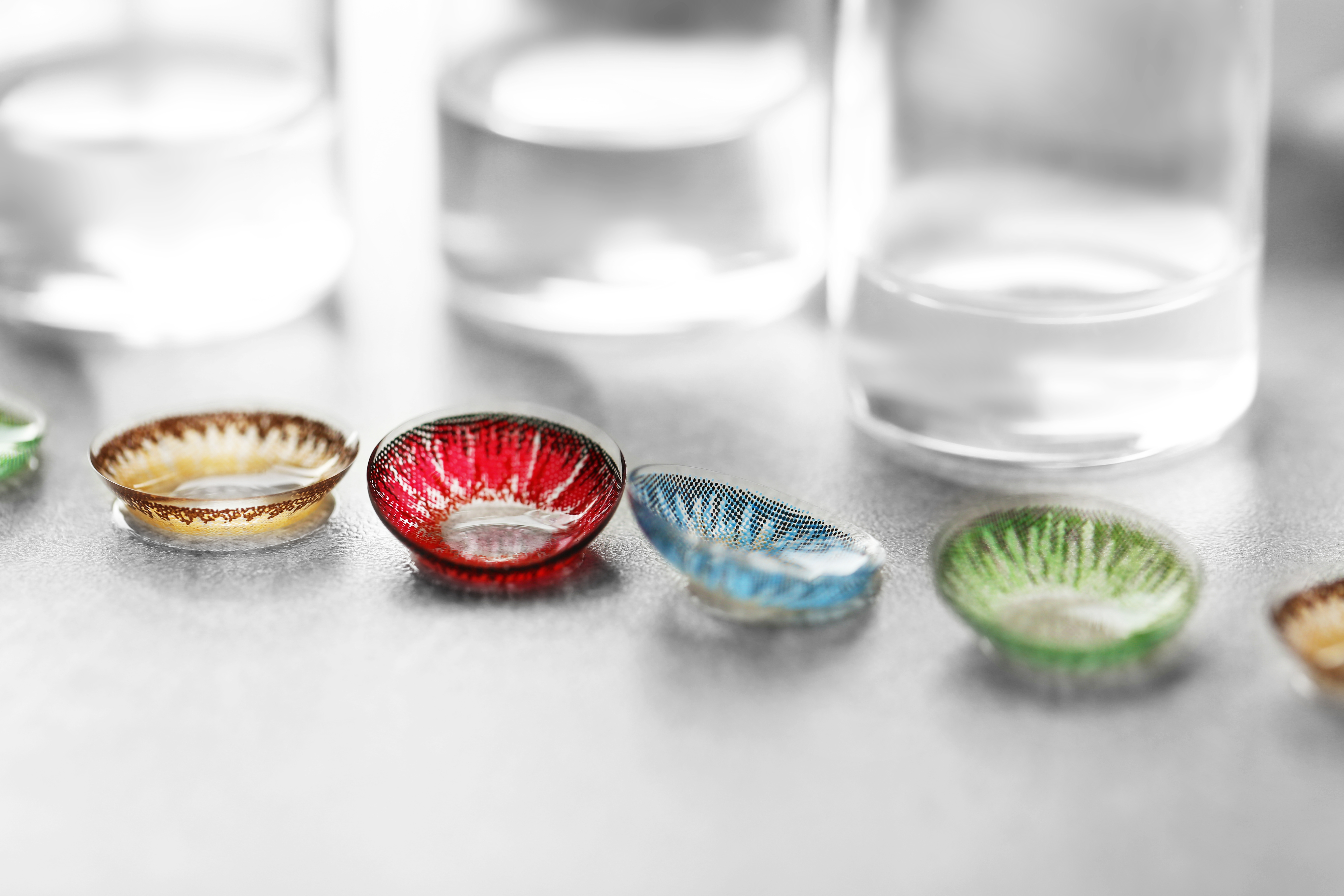Contents:
- Medical Video: Heart Healthy Tips: A Plant Based Diet
- 1. Make it delicious
- 2. Serve fruits and vegetables first
- 3. Try new wheat
- 4. Choose better fat
- 5. Take control of your passions
- 6. Choose your protein
- 7. Limit alcohol
Medical Video: Heart Healthy Tips: A Plant Based Diet
At least 3 times a day, you do something that can help maintain your heart, which is eating!
All foods and snacks affect your weight, blood pressure, and cholesterol. And that all affects your heart.
So next time you eat, use these seven smart tactics.
1. Make it delicious
Surprise: foods that are good for you can also be delicious! If you need to make major changes in your diet for heart health, take the time to look for what are the best options. You might find food that you like, or a healthier way to prepare your food (like baking instead of frying).
“When we like what we eat, change will more likely last a long time, "said Lori Rosenthal, a dietitian at Montefiore Health Center, New York.
2. Serve fruits and vegetables first
Make this a rule for your new diet: vegetables must fill at least half your plate. You will also get lots of nutrients to maintain your heart health.
"Vitamins are also a good source of vitamins and minerals such as potassium, which can control blood pressure," said Alison Massey, a nutritionist at Mercy Medical Center in Baltimore.
Vegetables and fruit also contain fiber, which functions to drive LDL aka "bad" cholesterol, and good for your blood sugar. Fiber also helps you feel full longer, which means you eat less.
3. Try new wheat
How about trying quinoa with chicken for tonight? Or farro (brother of wheat) with fish?
You may have heard that you have to eat more wheat whole wheat. This type of wheat has fiber that helps lower LDL "bad" cholesterol. Whole whear also has vitamins and minerals such as iron that help carry oxygen in your blood.
You have many choices. You can replace white rice with brown rice, or cook it with raw oats rather than instant oatmeal.
4. Choose better fat
“We all need fat in our food, "said Alice H. Lichtenstein, director at the Cardiovascular Nutrition Laboratory at Tufts University. But the type of fat you eat is important.
Limit the saturated fats you normally encounter in red meat and dairy products. Avoid it trans fats, such as "partially hydrogenated oils" in canned foods because this can increase "bad" cholesterol.
You can also limit your portion of meat.
"Choose low-fat or fat-free dairy products so you get the benefits of protein and calcium from fewer calories and fat," Rosenthal said.
Polyunsaturated fats are a better choice. You can find it in soybean oil, walnuts, and kuaci seeds. In small amounts, this can lower your cholesterol. But they still have a lot of calories, so don't consume too much.
Also, eat oily fish twice a week such as salmon or tuna (albacore), which contains high omega-3 fatty acids.
5. Take control of your passions
It's difficult to avoid sugar and salt because our bodies are programmed to want it. But if you eat too much, this is just a problem.
More sugar means more calories.
"Women must limit sugar, including a 'healthy' version like honey, no more than 6 teaspoons a day. And for men, no more than 9 teaspoons, "Massey said.
Also pay attention to what you drink. Soda and sweet tea are one source of sugar that is often consumed by many people.
Also, too much salt will increase your blood pressure, and put more pressure on your heart. Limit your salt intake to one teaspoon of salt every day (which contains 2,300 mg of sodium). But, most of us consume twice more than that. And some people, including those who have heart disease, have a smaller limit of 1,500 milligrams per day. Ask your doctor what is good for you.
If you can cook yourself more often, just try it. That way you can control how much salt is in your food.
6. Choose your protein
Red meat can be part of a healthy heart diet, "as long as you pay attention to portion sizes, choose non-fat pieces, and pay attention to how they are presented," Lichtenstein said. For example, still make plant foods (such as fruits, vegetables, and wheat) as the main portion of your food, and eat baked meat instead of fried.
Don't consume more than 6 ounces of meat a day, about the size of two decks of playing cards. And remember: You can also get protein from fish, nuts, seeds, and other sources.
7. Limit alcohol
"Alcohol can increase" good "cholesterol and prevent blood clots, but only if taken a little," said Misha Biden, a dietitian at Scripps Clinic Center Weight Management.
Healthy limits for men are a maximum of two glasses a day and one glass for women.
If you drink more than that, alcohol can increase your blood pressure, the type of blood fat called triglycerides, and your risk for obesity and stroke. Alcohol also increases the risk of several types of cancer.
So, if you don't drink alcohol, don't start.












